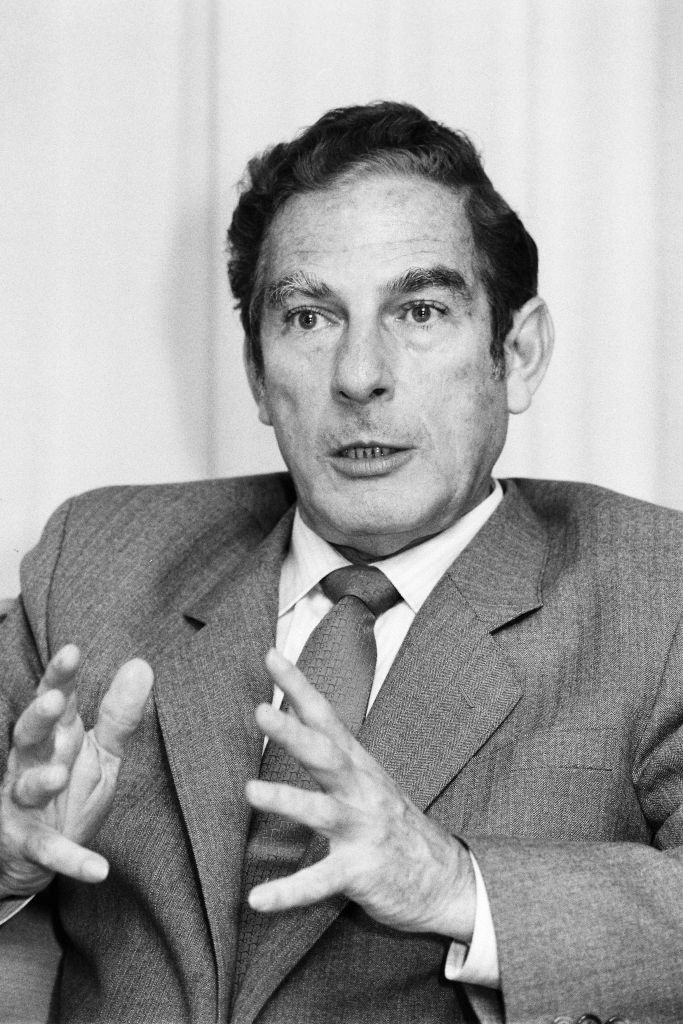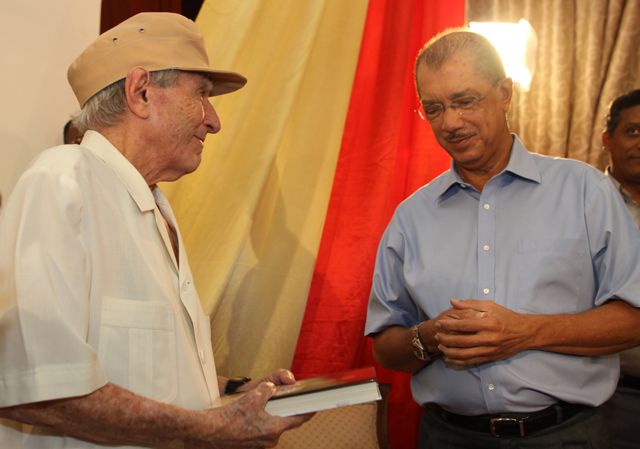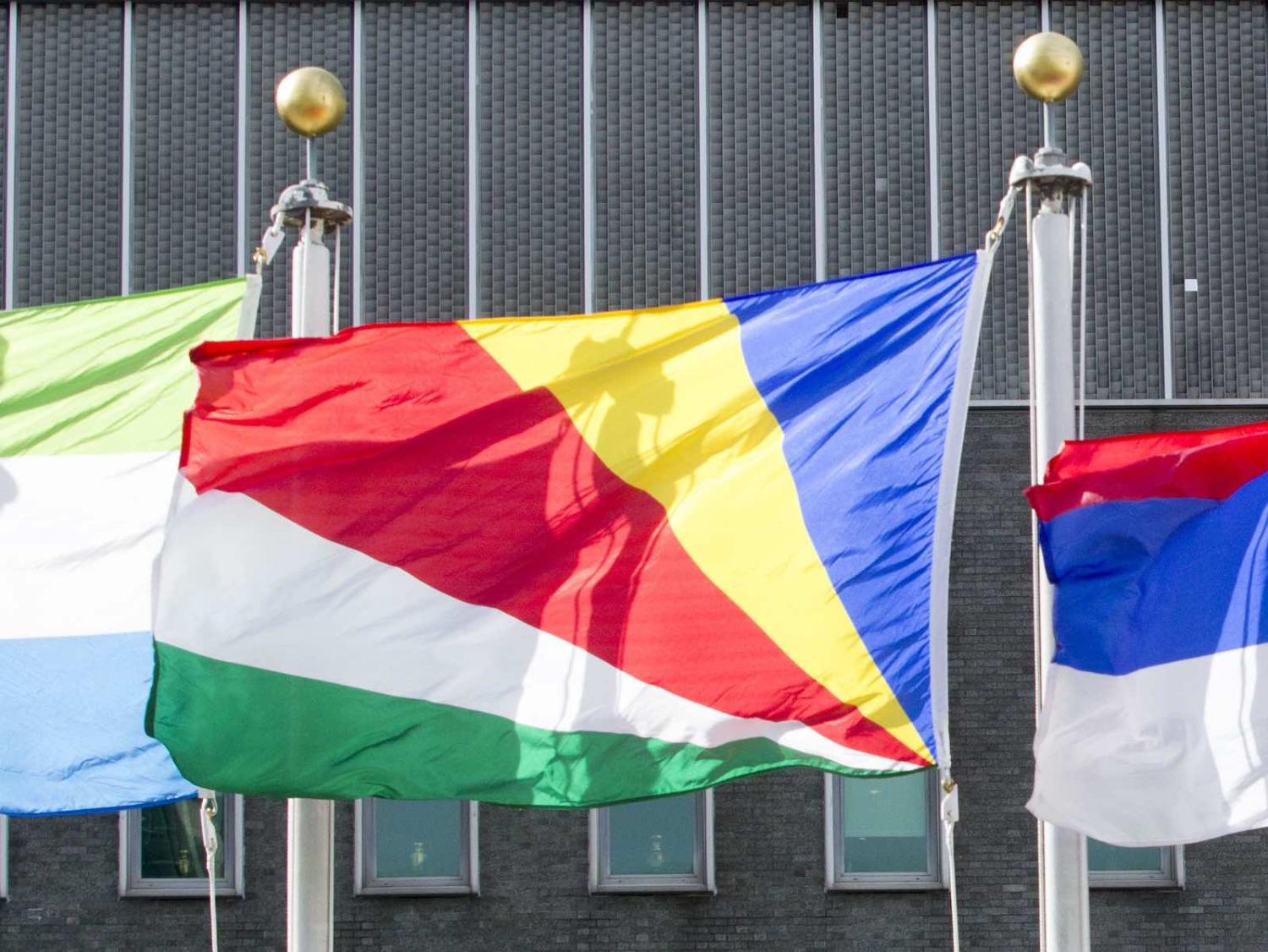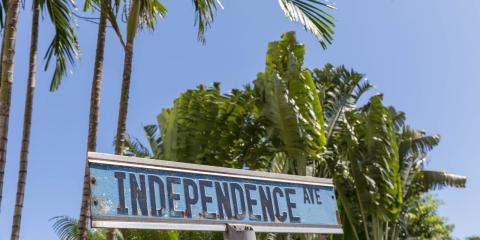Seychelles’ long-time authoritarian ruler France-Albert René died in February. His authority derived from his coup in 1977 that overthrew the country’s first president James Mancham a year after independence and ushered in a one-party state. Although Seychelles began a transition under pressure from international financial institutions to multi-party democracy in 1994, René continued as an elected president until he left office on his own terms in 2004. He maintained an office in the ruling Parti Lepep (People’s Party) headquarters after he retired as president until his death.
He remained a long shadow over the land. Though in his 80s when he returned from surgery abroad a little over a year before his death, the country’s President and most of the cabinet considered it prudent to be at the airport to pay their respects and welcome him home.

René’s long-time lieutenant and pale shadow James Michel had succeeded him as president, but never replicated his gravitas. Under Michel, Parti Lepep lost control of the National Assembly in 2016. Michel resigned to be replaced by his deputy, another of René’s men, the brilliant and adroit Danny Faure.
René’s final departure has seen a speedy refreshing of national politics by Faure. There has been much to address in unresolved tensions and unfinished business. The “events of 1977”, as the coup is politely described, killed only a few on the day. Subsequent killings, disappearances, arrests, exilings and property expropriations were more bitterly received and deeply felt in a small island society. The spectacular sub-machine gun murder in London in 1985 of the exiled Gerard Hoarau, a prominent opponent of René, was simply the most notorious grievance against René.
Long present US and French warships are now jostled by Chinese, Indian, Pakistani and Iranian vessels and there is also heightened activity by European and Australian warships.
Faure has been energetic on easier-to-handle political cosmetics. The ruling party has been renamed United Seychelles. A statue of Mancham has been unveiled celebrating his role as founding President.
But even while René was alive, the opposition-controlled National Assembly took a leaf from a South African playbook and instituted a “Truth and Reconciliation Commission” to look into coup and the aftermath. A particular objective has been the restitution of property and accounting for disappearances. The Commission’s ruminations were moving uncomfortably close to René when he died.
The Commission means Faure has trouble on two flanks. The opposition will keep priming the Commission at least until elections next year. Left alone, Faure could probably survive this pressure, but in all his management of the opposition he needs to keep a weather eye on René’s remaining people and their questionably acquired interests. They could cause trouble if too closely pressed and the security forces in particular remain a stronghold of René adherents.

There are problems abroad. Seychelles faces a changed region from René’s time when Seychelles was a strategic backwater. Now military competition by out of area maritime powers has escalated dramatically in Seychelles waters off the back of efforts to combat Somali piracy. Long present US and French warships are now jostled by Chinese, Indian, Pakistani and Iranian vessels and there is also heightened activity by European and Australian warships. Managing engagement with this multiplied presence stretches Seychelles’ tiny defence capabilities.
India and China are competing for influence in Seychelles. Faure prefers strategic partnership with India. A recent proposal to develop an Indian base on Assumption Island – in the west of Seychelles at the northern end of the Mozambique channel – has been opposed by the parliamentary opposition on neutrality grounds. Meanwhile, China has trumpeted Seychelles’ accession to One Belt One Road only to see Faure backpedal on how involved Seychelles proposes to be. But Chinese commercial interest in Seychelles is intense and the opposition position on a China relationship is ambiguous.
An oddity of Seychelles’ politics is that it is René’s party of Third World socialism that has most embraced the global liberal economic order. The opposition, with past good human rights credentials, but also an “old money” side, contains those more inclined to fudge on transparency in the offshore financial sector and hedge on opening the economy to needed foreign specialist labour. Executive authority in Seychelles sits with the presidency. Ironically, should the opposition oust Faure in presidential elections in 2020, reform could go backwards.
Adhesion to the global economic order has seen Seychelles develop its offshore financial sector. This is unashamedly modeled on the Cayman Islands. Money has flowed in, but Seychelles has yet to build the infrastructure seen in more established centres in the West Indies. Its competitiveness is at risk as it seeks to more closely conform to international anti-money laundering arrangements – reforms some in the opposition oppose.
So while the economy is robust on the back of the tourism and offshore financial sectors, with some of the best economic indicators in Africa, the current favourable trajectory is not bullet-proof. And geostrategic pressures are growing in ways unseen in René’s time. Some political turbulence may lie ahead and the 2020 presidential election could be a strategic turning point.

